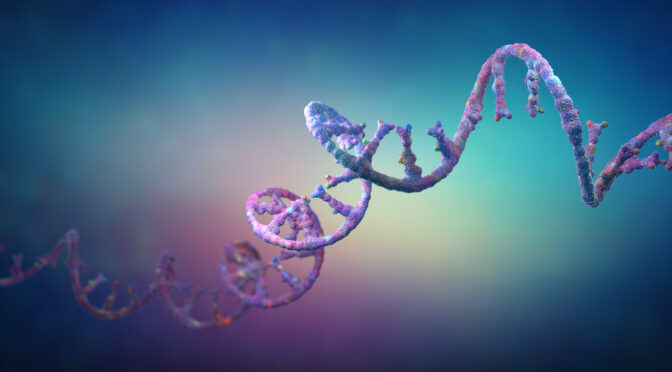The Anatomy of Sleep Cycles
While you’re not consciously aware of it, there are two distinct phases to sleep:
- REM (rapid eye movement) sleep is the time when your brain is active.
- NREM (non-rapid eye movement) sleep is the restful phase, which includes four stages ranging from light to deep.
One full sleep cycle lasts approximately 90 minutes, with a NREM phase followed by a REM phase. This pattern repeats four to six times during the night, depending on the total length of sleep. Any interruption in the cycle prevents the brain from fully completing its restorative tasks.
Sleep Disorders and Cancer
The National Cancer Institute identifies the five major sleep disorders as:
- Insomnia or the inability to fall asleep and remain asleep
- Sleep apnea, where a patient actually stops breathing for several seconds at different times during the night
- Hypersomnia, which causes difficulty staying awake during daytime hours
- Circadian rhythm disorder, in which the entire sleep-wake cycle is skewed
- Parasomnia encompasses unusual behavior such as walking or eating while asleep
Chronic lack of sleep can interfere with your ability to care for yourself during treatment while it saps your energy and increases the risk of depression.
Issels® Offers Immunotherapy for Cancer Designed for Your Specific Needs
Our integrative immunotherapy for cancer treatments are focused on boosting your body’s natural abilities to fight the disease. Visit our website for more information.






